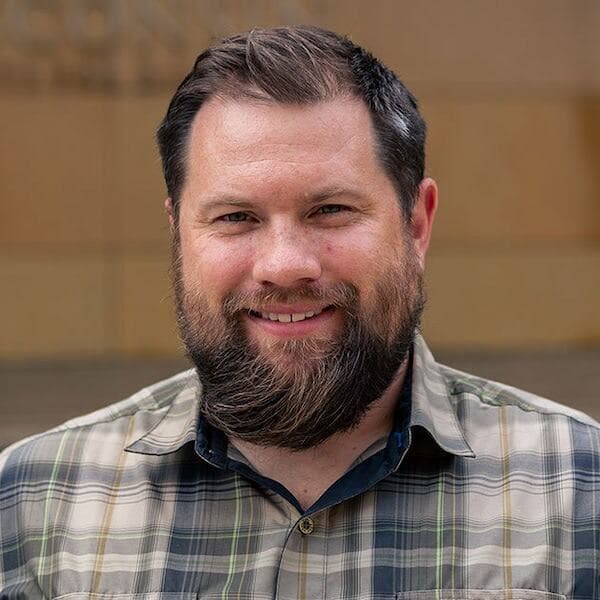- Undergraduate
Bachelor's Degrees
Bachelor of ArtsBachelor of EngineeringDual-Degree ProgramUndergraduate AdmissionsUndergraduate Experience
- Graduate
Graduate Experience
- Research
- Entrepreneurship
- Community
- About
-
Search
All Thayer Events
Jones Seminar: Experimental Insights into Glacier Slip
Oct
25
Friday
3:30pm - 4:30pm ET
Spanos Auditorium, Cummings Hall/Online
Optional ZOOM LINK
Meeting ID: 910 9128 2060
Passcode: 403994
Fast moving glaciers accommodate the majority of their motion via ice slipping atop the beds they rest upon. For soft bedded glaciers, where the beds consist of unconsolidated sediment, the slip results from ice sliding atop the sediment bed and deformation of the sediment bed itself. The relationship between the applied driving stress and the resultant slip velocity is often referred to as the "slip law" and is central to predicting the rates of glacier flow. However, this slip relationship can be difficult to determine from field data as the beds of glaciers are generally quite inaccessible.
Here we use a novel type of experimental device that can slip a ring of temperate ice atop a sediment bed, allowing the functional relationship between basal shear stress and slip velocity to be determined. Experiments were conducted under increasing complexity first with debris free ice, then with a layer of frozen fringe and finally under a transiently evolving basal effective stress to examine how glacier slip varies under a range of conditions.
Hosted by Professor Colin Meyer.
About the Speaker(s)
Luke Zoet
Chair of Geoscience, U Wisconsin-Madison

Luke Zoet is the Dean L. Morgridge endowed chair of Geoscience at University of Wisconsin-Madison. He conducts research aimed at understanding the physics of glacier motion through field observation, laboratory experiments, numerical modeling, and theoretical analysis. His work sits at the intersection of glaciology and glacial geology. He uses a variety of geophysical and geological methods to explore glacial processes in modern glaciers as well as landforms left behind by Pleistocene glaciers. He also works on coastal processes using a range of instruments and new field and modeling techniques to estimate bluff stability, nearshore sediment transport processes and coastal erosion.
Contact
For more information, contact Amos Johnson at amos.l.johnson@dartmouth.edu.
